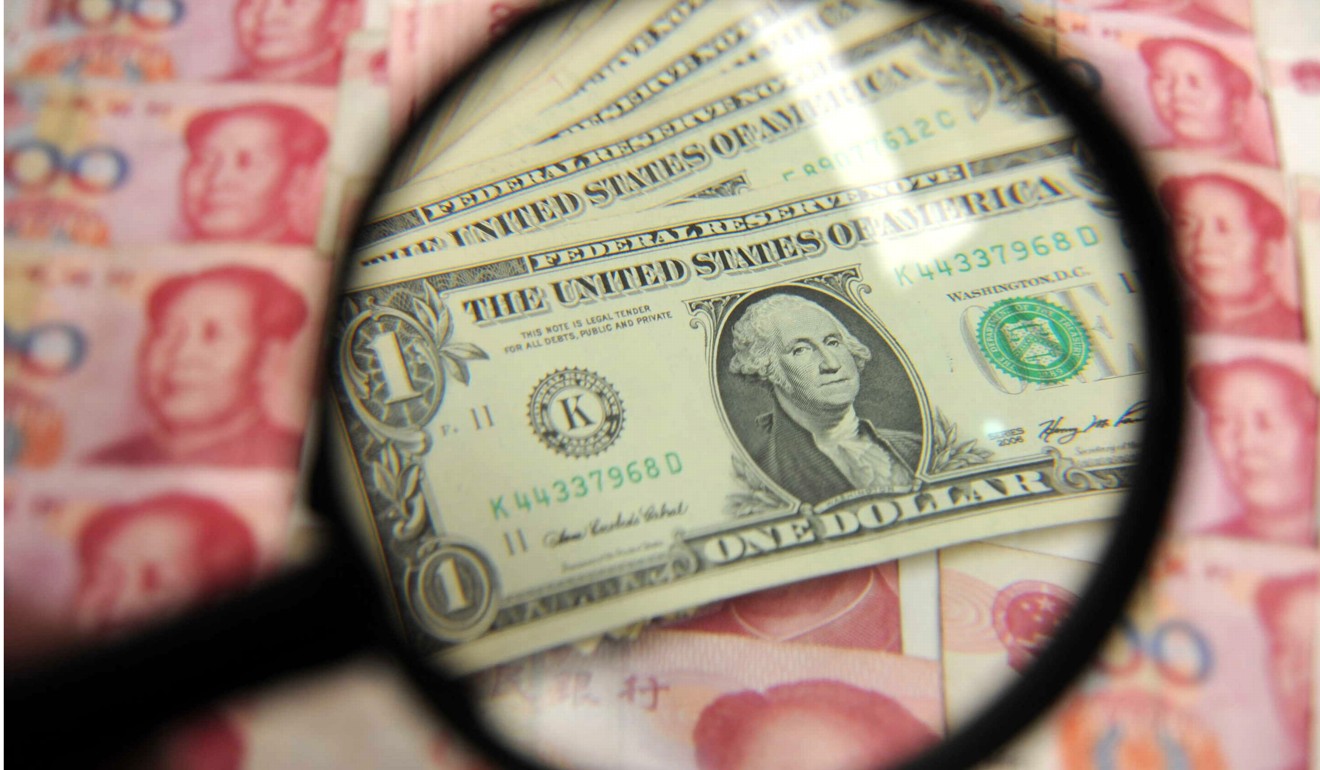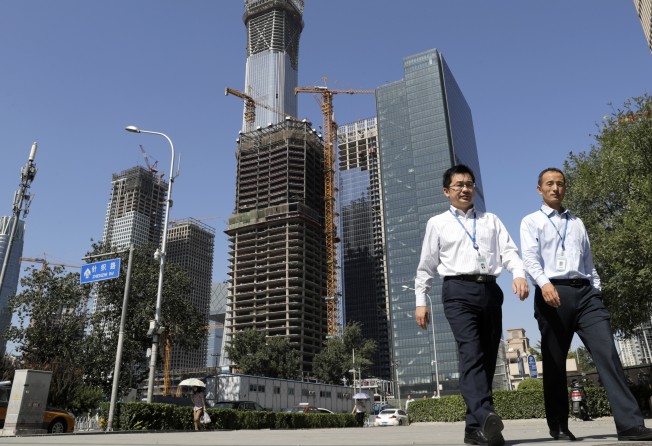
Beijing investment bank: why the bears are wrong about China’s economy
The pessimists may have overestimated the country’s debt problem, and underestimated its potential to urbanise, according to CICC

Those who fear China is headed for a hard landing or a deep depreciation of its currency have overestimated the country’s debt problem and underestimated its potential to urbanise, according to a leading Chinese investment bank.
China International Capital Corp (CICC) made the remarks in a research note on Monday, at a time of renewed optimism about the world’s second biggest economy after Beijing engineered a rebound in expansion and curbed capital outflows over the past year.
Liang Hong, chief economist of the investment bank, wrote in the report that China’s high leverage ratio was backed by high savings and “it does not mean there’s any credit crisis or liquidity risks”. For instance, while Chinese firms are accumulating debts, they are also sitting on big piles of money as “the amount of cash at the disposal of Chinese companies can cover about 40 per cent of corporate debts”, Liang said in the report.
Meanwhile, China was not experiencing a housing glut because – nationwide – supply cannot meet demand, Liang noted, adding that the economic recovery had just begun and was expected to continue in the coming years.
The stock market rout and sudden yuan devaluation in the summer of 2015 fanned worries of a China crisis. Kyle Bass, founder of Hayman Capital, was one of those who feared the worst. In early 2016, he said losses at Chinese banks could be four times bigger than those suffered by American lenders during the global financial crisis, predicting a 30 per cent devaluation of the Chinese currency.
Last week, Bass said President Xi Jinping “will be blamed for recklessly building the Chinese economy on a foundation of sand”, Bloomberg reported.

But the doomsday scenario has not materialised and the yuan instead appreciated against the dollar this year, while headline growth has gained speed. CICC said it expected the yuan to appreciate slightly against the US dollar towards 6.48 by the end of 2018 – from Monday’s level of 6.65.
CICC also raised its 2018 growth target for China by 0.2 percentage points to 6.9 per cent on Monday. That is so far the most bullish estimate from a major research house – better than the World Bank’s 6.2 per cent forecast, 6.4 per cent from the International Monetary Fund and the market consensus of 6.4 per cent.
“The nominal and real growth of consumption are likely to accelerate in 2018, especially for daily necessities and product upgrades,” Liang wrote in the report.
Speaking at the recent Communist Party congress, Xi downplayed specific growth targets, instead vowing to push forward poverty reduction, coordinated development and economic rebalancing.
China’s economic growth has surprised the market in the past two years – the country recorded 6.7 per cent growth last year and 6.9 per cent in the first three quarters of this year.
Although doubts remain over the mounting debt problem and slowing credit supply, Hong Kong-listed CICC believed some key sectors would continue to perform well.
It expected growth in property investment next year, based on increased land sales and government-led construction of affordable housing. The brokerage house expected a 10 to 15 per cent increase in new property construction next year – up from growth of 8 to 9 per cent this year.
CICC expected manufacturers would be encouraged to invest based on improved profitability and a government push for innovation, while momentum in infrastructure construction growth would continue, albeit at a slower pace – from 25 per cent now to around 15 to 20 per cent in 2018.
But it said Beijing was unlikely to loosen its monetary policy any time soon, given that it wanted to avoid economic overheating and pursue more sustainable growth.
“The policy emphasis next year will be on the ‘quality’ of growth and its sustainability,” the report said.
That means more emphasis on urbanisation and reforms to the hukou household registration system, as well as efforts to reduce the income gap, improve efficiency at state-owned enterprises, carry out industrial upgrades and encourage innovation, it said.